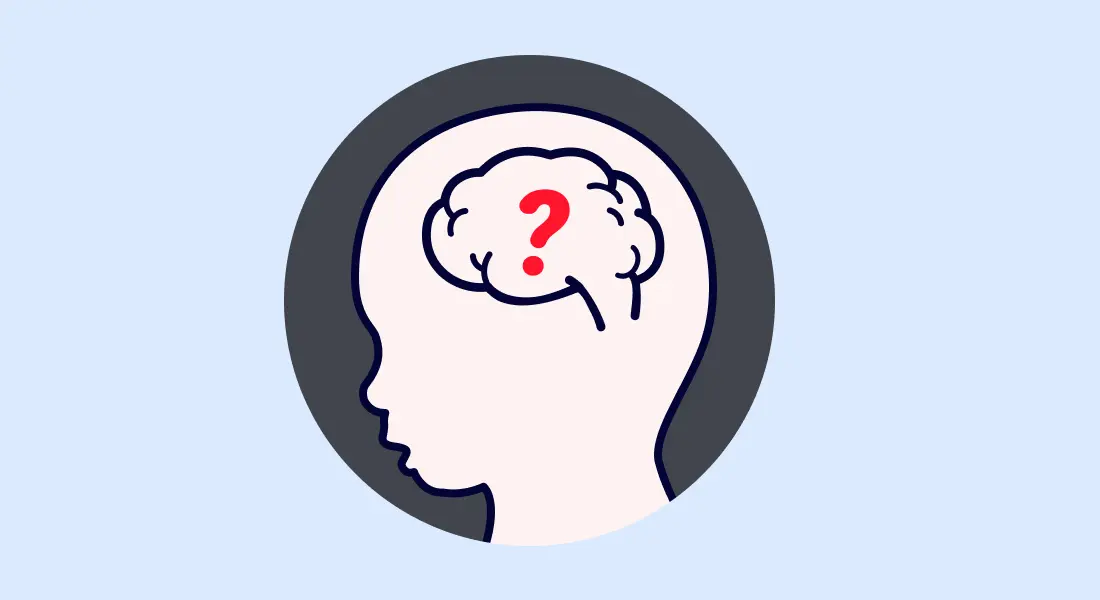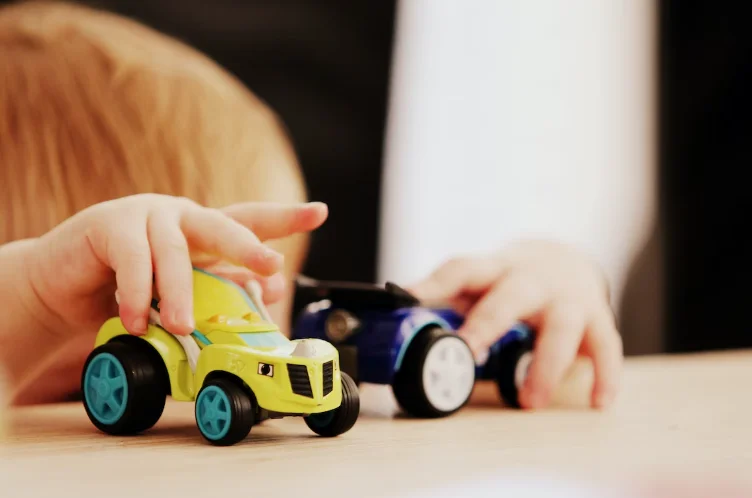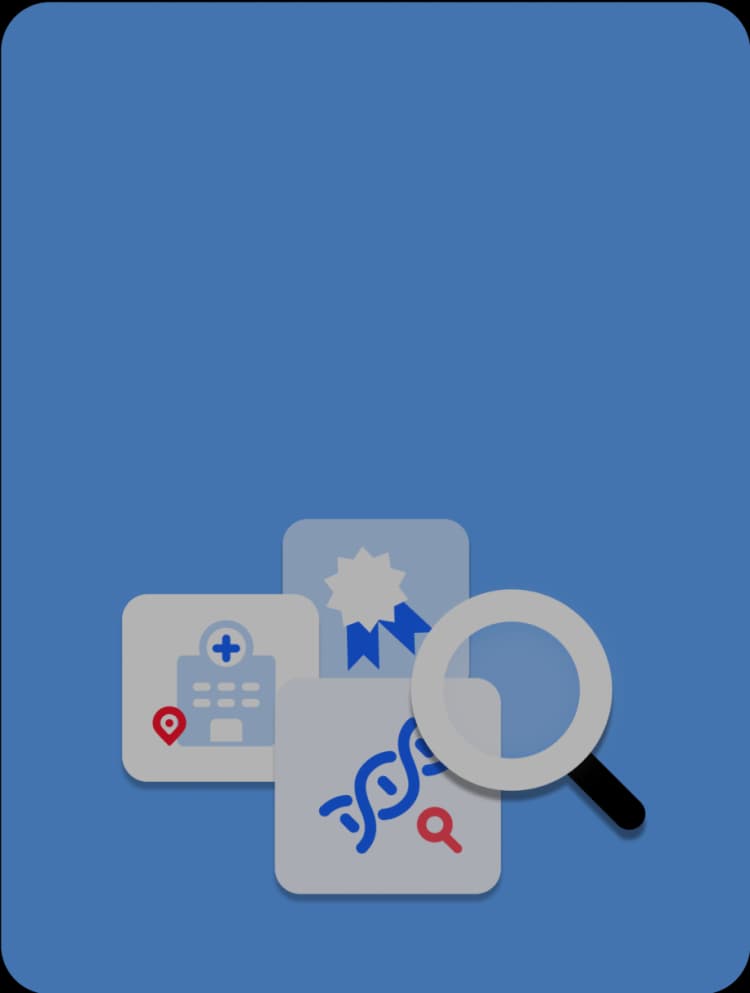Is Autism a Developmental Disability?

Many people have questions about the relationship between autism and developmental disabilities. A developmental disability is a broad term that refers to a long-term condition or impairment that occurs during an individual’s developmental period, usually before birth or during childhood, and affects their physical, intellectual, or behavior functioning. According to a new report from CDC, and now more than 10% boys have been diagnosed with a developmental disability.
These disabilities often persist throughout a person’s life and can impact various aspects of daily living, including learning, communication, self-care, mobility, and social interaction.
Autism is therefore considered to be a developmental disability. Autism Spectrum Disorder (ASD) is a neuruo-developmental disorder, which means that it affects the development of the brain and therefore a person’s social, communication and behavior functioning. It typically appears in early childhood, often by the age of 2 or 3, and can last a lifetime although symptoms can improve over time.

ASD is characterized by a range of symptoms and challenges, which can vary widely from one individual to another. These may include difficulties with social interactions, communication (both verbal and non-verbal), repetitive behaviors, and restricted interests. Individuals with autism may also have sensory sensitivities and may engage in specific routines or rituals. Let’s get more specific about the signs of autism.
Signs and symptoms of autism

Social communication Difficulties
- Challenges in making and maintaining eye contact with others.
- Difficulty understanding and using non-verbal communication, such as facial expressions, gestures, and body language.
- Difficulty developing and maintaining age-appropriate peer relationships.
- Difficulty with reciprocal conversation, including taking turns in conversations and understanding social cues.
Repetitive Behaviors and Interests
- Engaging in repetitive motor movements, such as hand-flapping, rocking, or spinning objects.
- Insistence on sameness and routines, becoming upset if routines are disrupted.
- Intense focus on specific interests or topics (sometimes called “obsessions”).
- Repetitive use of objects or a strong attachment to unusual objects.
Language and Communication Challenges
- Delayed language development or lack of spoken language in some cases.
- Repetitive or unusual use of language, such as repeating phrases (echolalia) or using language in a very literal way.
- Difficulty initiating or sustaining conversations.
- Limited or narrow range of interests in conversation topics.
ASD Diagnosis
Diagnosing Autism Spectrum Disorder (ASD) typically involves a comprehensive assessment that considers a person’s developmental history, behavior, and observations of their social and communication skills. The process of diagnosing ASD is usually conducted by a team of healthcare professionals, including pediatricians, child psychologists, psychiatrists, and developmental specialists.
- The healthcare professionals conducting the evaluation will refer to the diagnostic criteria for ASD as outlined in the Diagnostic and Statistical Manual of Mental Disorders (DSM-5) or other relevant diagnostic guidelines. To receive a diagnosis of ASD, a child must meet specific criteria outlined in these guidelines.

The term “spectrum” in Autism Spectrum Disorder reflects the diversity of symptoms and the fact that individuals with autism can present with varying levels of impairment and strengths. Some individuals with ASD may have significant difficulties in daily functioning, while others may have milder symptoms and be able to lead relatively independent lives with appropriate support.
The rate of children diagnosed with autism in the US has been growing rapidly nowadays. In recent years, developed diagnosis progress had been made in early detection. Early diagnosis and intervention can be important in helping individuals with autism develop their skills and navigate the challenges associated with the condition. Various therapeutic and educational interventions are available to support individuals with ASD in their development and improve their quality of life.
Get exclusive rare disease updates
from 3billion.

Sree Ramya Gunukula
Marketing Leader with experience in the pharma and healthcare sectors, specializing in digital health, genetic testing, and rare disease diagnostics.







